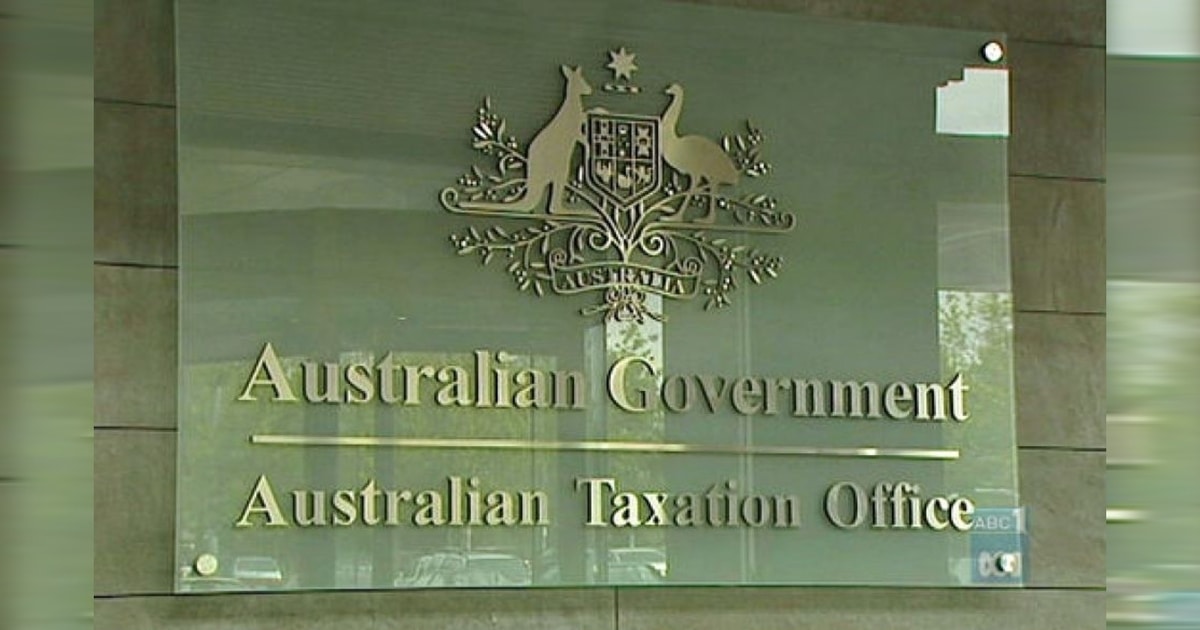The Australian Taxation Office (ATO) has highlighted four major problem areas it wants to focus on this taxation season, and digital currencies are prominently featured.
According to the tax watchdog, any Australian resident that “dispose of an asset such as property, shares, or a crypto asset, including non-fungible tokens (NFTs) this financial year,” will be required to “calculate a capital gain or capital loss,” and pen down the records in their tax return.
Going on to explain further, the ATO defined what it meant by capital gain or loss which it said is the difference between what one acquires the crypto asset for in monetary terms and the difference between the value it was disposed of at the time of sale. Capital gains come off when this difference is positive and it comes in at a loss when the difference is negative.
The growth of digital currency transactions in Australia is undeniable, but the tax return filings are not always commensurate with the data available to the tax office. This accounts for why the ATO wants to place more emphasis on crypto taxation this season.
“Crypto is a popular type of asset and we expect to see more capital gains or capital losses reported in tax returns this year. Remember you can’t offset your crypto losses against your salary and wages” said Assistant Commissioner Tim Loh “Through our data collection processes, we know that many Aussies are buying, selling, or exchanging digital coins and assets so it’s important people understand what this means for their tax obligations.”
Besides the ATO, other governments around the world are also bolstering their grip on the digital currency ecosystem as it relates to taxation.
India for instance has recently revealed that a new Goods and Services Tax of 28% will be levied on digital currencies as it now classifies trading of the assets alongside casinos, lotteries, and betting activities.
Image source: Shutterstock
Credit: Source link




















